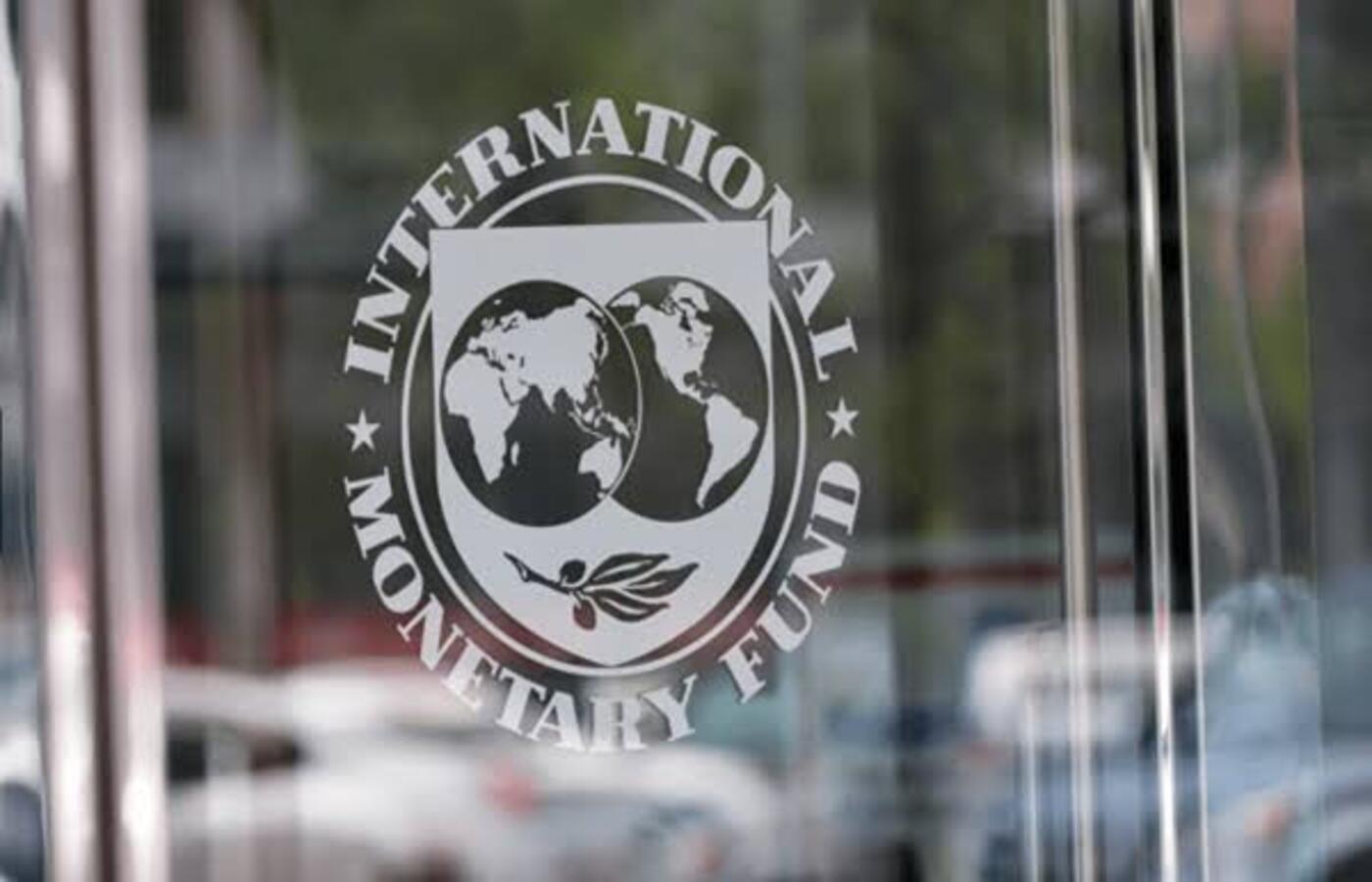Brook Taye (PhD) is no stranger to major economic openings. The founding director of the Ethiopian Capital Market Authority (ECMA) previously helped introduce private competition to Ethiopia's telecom sector during his time as a Senior Advisor at the Ministry of Finance. Now, as ECMA's inaugural chief charged with establishing Ethiopia's first capital market, Brook has been putting the final regulatory pieces in place ahead of the much anticipated launch.
In an exclusive interview with Birrmetrics, Brook details how rules, listing standards, and market development initiatives are being squared away to set the stage for the exchange's trading terminal to come online. With experience catalyzing billions in foreign investment through landmark telecom reforms, Brook sees the exchange debut as another opportunity to transform Ethiopia's economy by channeling domestic savings into local businesses.
Excerpts:
BirrMetrics: Tell us the progress of capital market development in Ethiopia.
Brook Taye: It has been more than one year and two months since the Ethiopian Capital Market Authority (ECMA) was established. Our first priority was to develop legal frameworks, which aimed at enabling the authority to regulate and work on licensing market players and developing the market. The major one was the licensing directive that enabled us to license major players in the capital market like brokers, investment bankers, and dealers. Regulations to govern the workforce of the Authority have been approved by the Council of Ministers. Our board has also approved important legal frameworks like the fee directive. The next step was market development. Additionally, work is ongoing to establish standards for public offerings and disclosures as the grounds are laid for listing and trading companies on the stock exchange. As the capital market is new, it is important that market players like investors, journalists and many other stakeholders know about it. Overall progress has been made in building a strong foundation despite being an early stage market, with the focus now on attracting more listings and increasing participation going forward.
For outsider, Ethiopia seems to still be in the early stages of developing its capital markets based on what we know so far. What would you say are the top 2-3 priorities that need to be accomplished in the short-term to continue laying the groundwork over the next year?
Our first priority would be finalizing the Initial Public Offering directive that includes frameworks and rules needed to be fulfilled when a company go public. Second priority is the directive to license the Ethiopian Securities Exchange, which is at final stage at this time. Third is the collective investment scheme, which is a directive for the smooth operation of the capital market.
Apart from legal frameworks, we need infrastructure. In this regard, we need a system that will enable us to do surveillance. The tender to procure this system has been already floated and bidders are being reviewed. For the exchange, it is going to be automated trading platform. For us, as an authority, it is going to be a system that would allows us to identify problems, and monitor market activities. The other is central securities depository where share certificates will be stored in an electronic format. This project is being lead by the National Bank of Ethiopia (NBE).
Apart from infrastructure development, supporting companies potentially being listed on the capital market will also be our priority.
The regulatory roles and functions of the ECMA and Ethiopian Securities Exchange (ESX) seem clearly defined, but how will their collaboration evolve in practice? For example, what types of commitments or memorandums of understanding have been discussed to formalize processes like new listing approvals or rule changes? Tell us also the difference in mandate between the ECMA and ESX and how do they collaborate?
We don’t need MoU between us. We license ESX. But the best way to explain our similarities and differences is using Commercial Bank of Ethiopia (CBE) and the National Bank of Ethiopia (NBE) as an example. The NBE gives license to CBE and provides supports to it whenever necessary. CBE, in its part, acts like a commercial entity.
Like NBE regulates the financial sector, we regulate the capital market. The main player in the capital market is the ESX, which get license from ECMA based on the requirements set forth in the law. Currently, we work very closely. Our offices are located in the same building. We travel together to gain international experience and collaborate on range of issues.
We are making sure the necessary legal frameworks are in place to build strong institutions. Our directive being drafted define each requirements needed to be fulfilled by the ESX.
It's encouraging that you recently said firms have showed interest for investment banking licenses despite the market being so nascent. How has the response been to licensing investment banks in Ethiopia so far?
Participation of foreigners in the investment banking sector would be determined by the economy and the whole investment ecosystem. In terms of reforms, I would like to point two big moves. At a policy level, a decision has been already made by the government to open up the banking sector for foreigners. A proclamation is the next step in legalizing the full liberalization of the sector. And our capital market proclamation allowed both locals and foreigners participate in the capital market. After the two reforms, we have seen growing interest among regional players like Kenya, Rwanda and South Africa showing interest. There are entities that have approached us to understand the requirements better. We have also done mock exercise to enable our legal teams get a practical lessons. We also expect the local banks to involve in the investment banking sector.
Now let’s discuss the development of the draft IPO law. What role could it play in establishing a regulated share trading platform, and why has its implementation been delayed?
The entire capital market development process in Ethiopia has faced delays. It was supposed to happen decades ago. Given our economy and population size, Ethiopia should have had a functioning market much earlier. However, we are working to move quickly while still ensuring the legal framework is effective, efficient and protects all participants. We recently released the second draft IPO directive for public feedback and comments.
Tell me about disclosure standards put on the draft IPO law.
The draft IPO directive outlines robust disclosure requirements. Key among these is the requirement for listed companies to promptly communicate any material changes publicly. For example, if a CEO resigns from a listed company, this information would need to be disclosed to the public within 24 hours. Timely release of such information is crucial since it could impact share trading prices. Audit findings and changes to major contracts also need to be disclosed publicly in a timely manner.
While full compliance may take time, potential issuers understand why transparency is important for protecting investors and maintaining market integrity. The disclosure standards aim to establish trust. There will certainly be challenges in enforcement as the market develops, but through guidance and oversight, companies are expected to gradually adapt to these disclosure rules. Overall, I don't think transparency itself will be a major hurdle given awareness of its significance among corporates in Ethiopia.
How are you planning to regulate entities that may deceive the public with exaggerated offers to sell shares?
We view such activities as illegal, as they do not comply with commercial codes or forthcoming capital market regulations. However, we have observed some trying to take advantage by aggressively fundraising before our legal framework is enforced.To address this, we are closely collaborating with different government agencies to investigate suspicious share trading. For example, the Ethiopian Media Authority has flagged advertising by purported companies and banned promotions not approved under capital market rules.
The proclamation also gives us powers to scrutinize any prospectus before public advertising of shares. Once the IPO directive is finalized, only firms meeting disclosure and filing requirements will be allowed to solicit investors. We have also formed two cross-agency task forces to identify and investigate suspicious share trading and then take necessary legal and administrative measures. While some may try to exploit the current situation, strengthening law enforcement and transparency should help curb deception as the formal market develops. Our priority is safeguarding the public as rules are progressively implemented.
How do you see macroeconomic challenges impacting the capital market?
Macroeconomic issues must be addressed first to mitigate their effects on communities. When inflation rises, it is the poor who feel the pinch most acutely. But I cannot deny the impacts on capital markets either. Markets tend to respond promptly to macro changes.
Even during periods of broader economic difficulty, the capital market continues operating, though challenges may affect company performance. Individual firms need to consider these potential risks in their planning and strategies.
While macroeconomic problems impact the overall economy, with prudent risk management the market can still function. Our role is to ensure regulatory stability and facilitate continued market activity, even when external conditions are difficult. A well-regulated market may prove somewhat resilient to short-term macro fluctuations through careful oversight and guidance for market participants.
Given the planned 24-month timeline for developing the Central Securities Depository infrastructure, is meeting the July 2024 deadline to launch the capital market realistic? Should we expect any delays?
The National Bank of Ethiopia is responsible for implementing the CSD. We have been coordinating closely with NBE to provide technical assistance on the system's rollout. The system has already been procured, requirements specified, and a strong project team assigned. This is not a hugely complex system and the contracted company is familiar with Ethiopia's market needs, having previously developed the RTGS. For these reasons, we expect the CSD development to be delivered according to the expected timeframe.
There is skepticism about the availability of high-quality investable companies ready for listing in the near term.
While concerns are understandable, preparations are already underway for some significant initial listings. We expect 10 percent of Ethio Telecom to be publicly offered soon. Other state-owned enterprises are also potential candidates for partial listings. Banks represent another viable sector for public offerings. Additionally, several large family-owned businesses have consulted with us about future listings. Multinational companies with local operations have also expressed interest in being among the first listed on the new exchange.
It's too early to fully assess listing potential and quality. When Ethiopia first opened the banking and insurance sectors to private capital, there was similar skepticism around available investor funds. However, these industries have since grown to encompass over 390,000 shareholders and 30 banks and 18 insurers. Our focus is on building solid market foundations and investor confidence. Continued regulatory reforms and economic development should also progressively expand the pool of potential issuers over the long run.
What measures are you taking to address potential barriers like financial illiteracy in the upcoming capital market?
While capital markets may seem complex, Ethiopians have a strong savings culture that can be channeled into the new system. There are certainly some new concepts for the public to understand. To help overcome illiteracy, we are undertaking various market development initiatives. The goal is leveraging people's existing habits while gradually building familiarity with capital markets. With careful planning and execution of literacy campaigns, issues like illiteracy need not pose a significant barrier to Ethiopians benefiting from the capital market.
Where do you want to see ECMA in the next five years?
Over the next three to five years, we have set goals for ECMA. Primarily, we want to evaluate our success based on how many companies we have helped access alternative financing through public listings. Our aim is for the exchange to truly function as a viable second option for companies seeking capital.
For individual investors, our goal is ensuring Ethiopians have ample investment opportunities available to suit their needs and risk tolerance. A broad spectrum of tradable securities would signify we are providing value to the public.
We also hope to assist the government by developing the capital market as an alternative source of funding to help address fiscal deficits when needed.
In addition to these higher-level objectives, we have identified some concrete benchmarks and projections we want to achieve within the five-year window. Continual progress on quantitative targets will demonstrate meaningful development of the ECMA and Ethiopian market overall.





